Zimbabwe
Zimbabwe declared Friday (Nov. 17) a state of emergency in the capital, Harare, over a deadly cholera outbreak.
The capital of some1.5 million people has been badly hit by an outbreak of the disease that has affected all provinces of the southern African nation.
The country has recorded more than 7,000 suspected cholera cases and almost 150 deaths, of which 51 have been confirmed by laboratory tests, since the outbreak was reported in February.
At least 12 people have died in Harare.
The acute diarrhoeal infection is contracted from a bacterium that is generally transmitted through con'taminated food or water.
Washing hands with soap under safe running water and drinking boiled or treated water can protect against cholera.
Supplies of drinking water are erratic in some cities in Zimbabwe coupled with a lack of functioning infrastructure.
The health ministry and aid groups have joined forces to double the supply of water in affected areas and carry out awareness campaigns, Harare's mayor Ian Makone said.
Earlier this year, the United Nations said Cholera has experienced a global resurgence since 2021




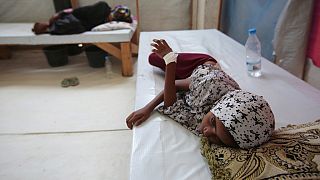
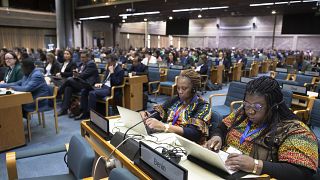
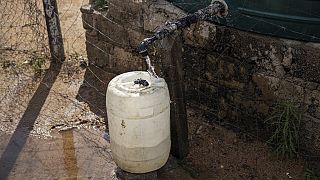

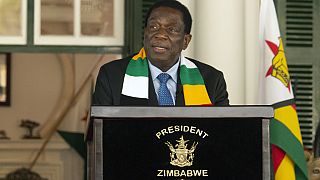
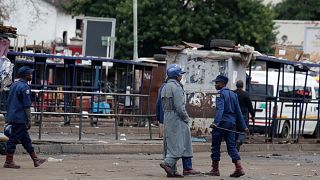



Go to video
Nigeria's market doctors bring healthcare directly to traders
Go to video
Nigerian Football Federation guilty of negligence in footballer's death
Go to video
Nigeria struggles to rein in a widespread meningitis outbreak that has killed at least 150
Go to video
Pics of the day: April 01, 2025
01:54
Uganda: the infiltration of plastics into agricultural fields and food raise concern
00:47
Malaria confirmed as cause of deadly outbreak in DRC